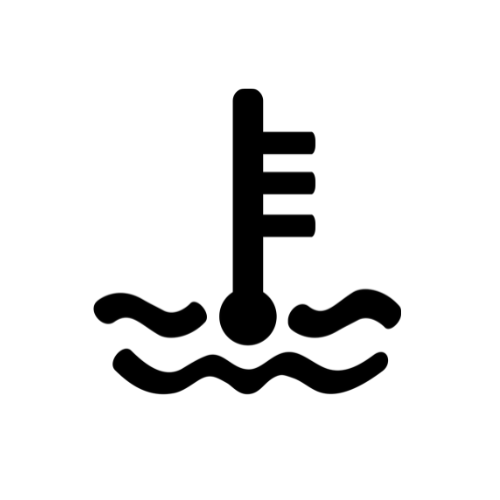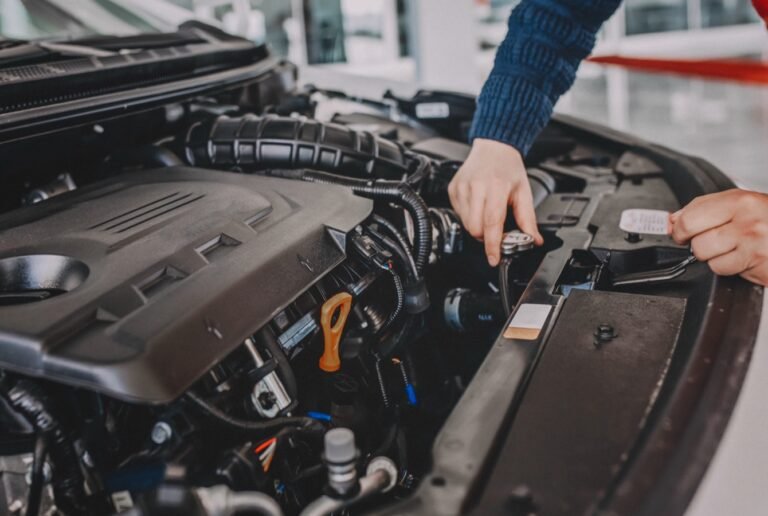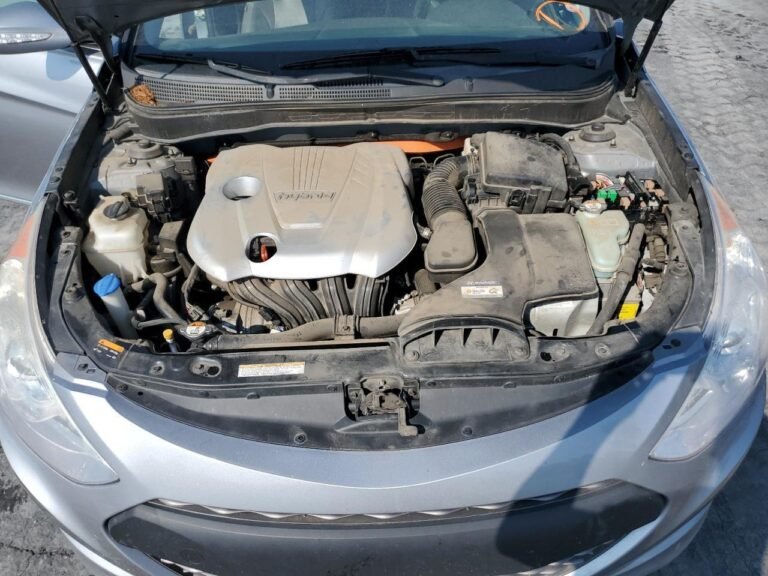Can I Use G40 Coolant Instead of G12? Find Out Here!
Yes, you should not use G40 coolant instead of G12 as they have different formulations. Mixing them can harm your vehicle’s cooling system. G40 and G12 coolants are not compatible due to their different chemical compositions. It is crucial to always use the coolant specified by your vehicle manufacturer to avoid any potential damage to…





